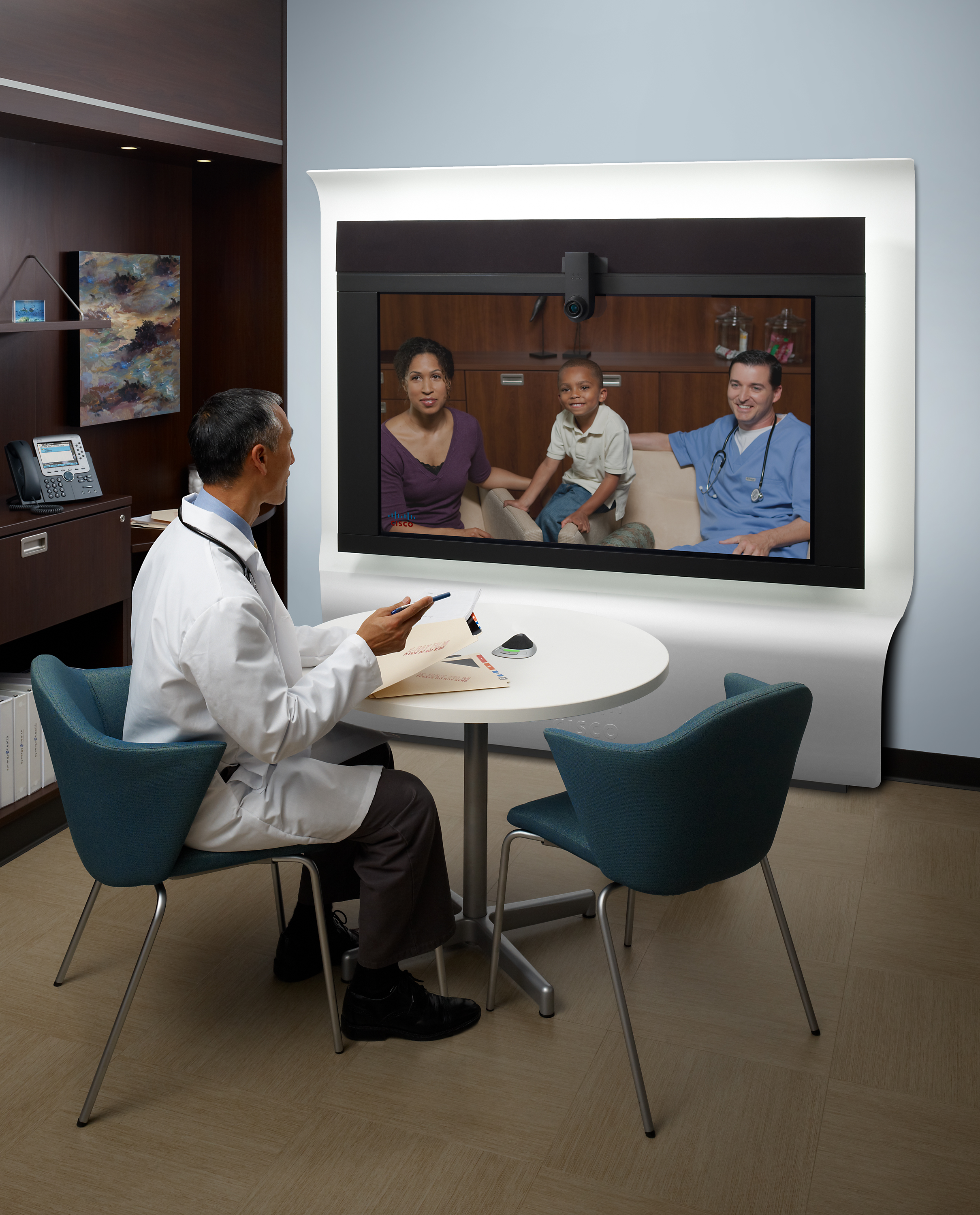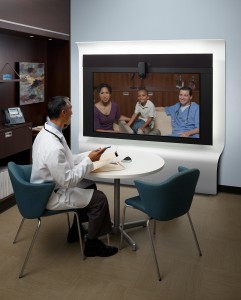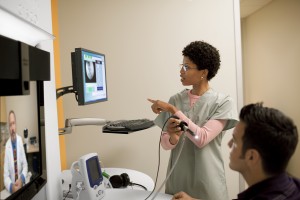
In good health – how technology is transforming the health sector
This blog was originally posted to my LinkedIn profile page, which you can find here.
To say that the challenges facing healthcare are plentiful is a gross understatement. The number of operations completed by the NHS rose by 60% from 2002-03 to 2012-13. Similarly Accident & Emergency attendance shot up by 55% in the same period. The question is, how can this demand be addressed?
 What’s required is a rewriting of the rulebook. It’s about redefining the way in which patients and healthcare organisations interact – it’s all about thinking smart, and in a connected way.
What’s required is a rewriting of the rulebook. It’s about redefining the way in which patients and healthcare organisations interact – it’s all about thinking smart, and in a connected way.
The impact of connected technology will inevitably be a topic that is much talked about at EHI Live in Birmingham this week. Framed by the newly announced NHS Forward View, the five-year plan that calls for greater efficiencies and a saving of £22bn from new ways of working, discussions will undoubtedly centre on how an industry with such heavy dependencies can reinvent itself.
We’re all agreed that in order for the NHS to provide high quality and effective care for all, information must flow faster and more efficiently, but how do we make that happen?
There is no doubt in my mind that the creation of connections between people, processes, data and everyday objects will see a revolution in healthcare. You only need to look at consumer’s enthusiastic adoption of wearable devices that monitor our sleep, or daily steps, to see the appetite for such smart insight into our lives and health. We’re on the cusp of a transition that will see connectivity and insight putting nurses back on wards, and getting patients out of them in better health than ever before.
When you look at it holistically, by virtue of being connected, patients will be able to better manage their own healthcare conditions, and medical staff will be in a position to keep track of recovery remotely – automatically updating health care records. Such new ways of thinking have tremendous implications when considering health worker’s time.
This isn’t just future-gazing. This is a change in mindset, and one that is having an impact now.
 To place it in the here and now, this past year, we’ve been working with our partners at Nottingham University Hospitals NHS Trust in a bid to help prioritise limited staff resources. At one hospital it was found that senior nursing staff were deskbound 97% of the time, spending only 3% of time with patients. In such an environment, administration was often duplicated and it became incredibly difficult to prioritise workloads, especially when night and day shifts are taken into consideration.
To place it in the here and now, this past year, we’ve been working with our partners at Nottingham University Hospitals NHS Trust in a bid to help prioritise limited staff resources. At one hospital it was found that senior nursing staff were deskbound 97% of the time, spending only 3% of time with patients. In such an environment, administration was often duplicated and it became incredibly difficult to prioritise workloads, especially when night and day shifts are taken into consideration.
By introducing a connected workflow solution it became far easier for them to log tasks, handle priorities and track staff, meaning staff closest to emergencies could react faster – saving those vital seconds in an emergency. As a result patient time increased to 60% and over 8,000 clinical hours were freed up.
There is huge value at stake for the health sector, and the Internet of Everything has the potential to revolutionise the way patients are treated, speeding up diagnoses and ensuring they receive the best and most accurate care possible. The transformative nature also means institutions themselves can not only capitalise, but realise true efficiency, meaning that health worker’s time is used doing what they do best – caring for patients.
Tags:1 Comments




There you have it 60% increased productivity during past ten years!
Forget waiting times just political mumbo jumbo, with most of the complainants either time wasters or politicians scoring cheap publicity.
Scrap ALL persons employed on statistical data collection (not required) only used by government and media for all the wrong reasons, making the public nervous. Use all budget saved on more medical personnel
Replace 50% of all none medical managers with medical persons with business / commercial MBAs’
Poach a top management team from a major supermarket to completely overhaul (replace) the existed fragmented supply chain management processes
Unfortunately knowing what needs to be done is relatively straightforward, implementation against all the factions within one of the world’s biggest organisations is quite a different matter.
Retired CEO (Part time management consult) Dorking RH42BG